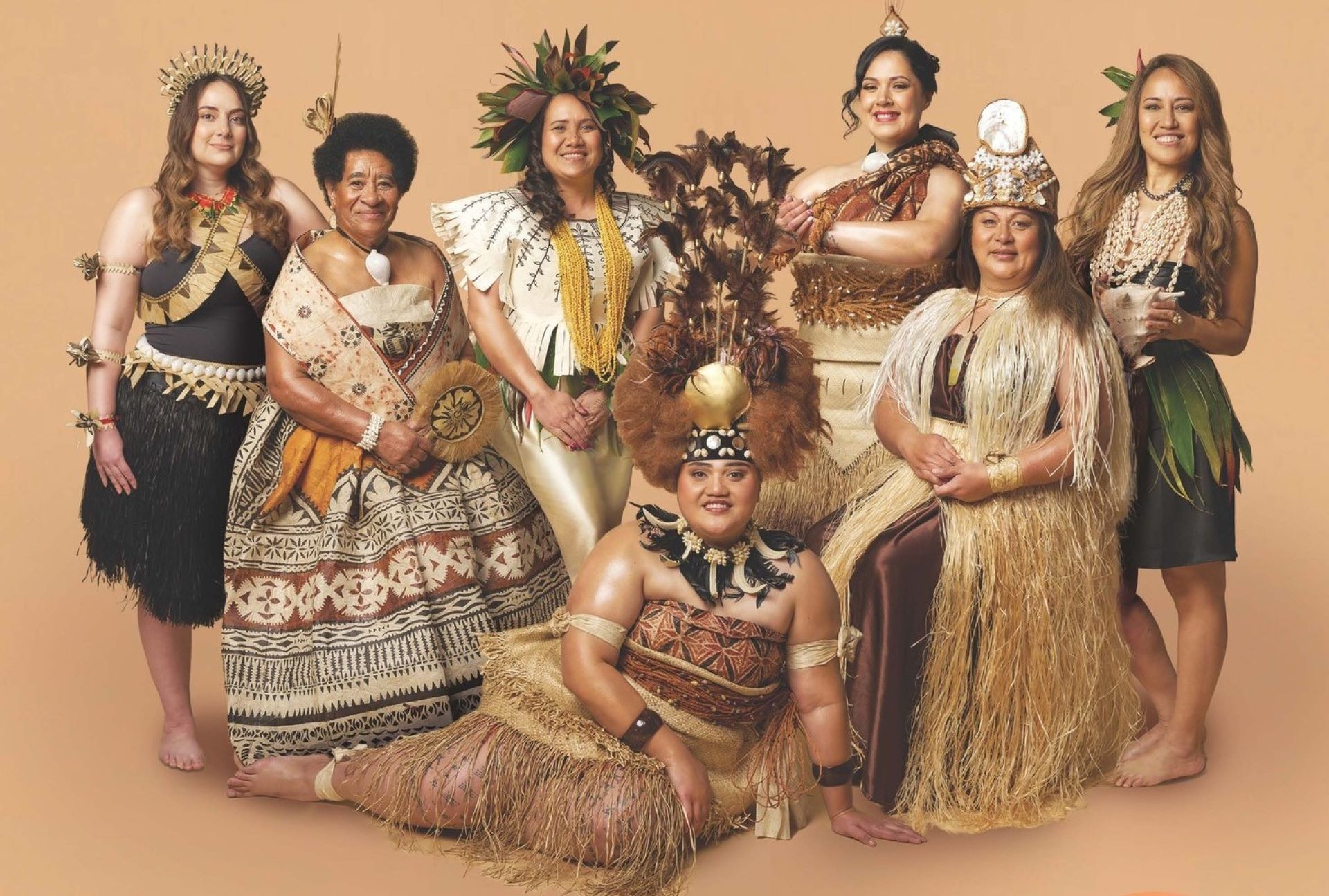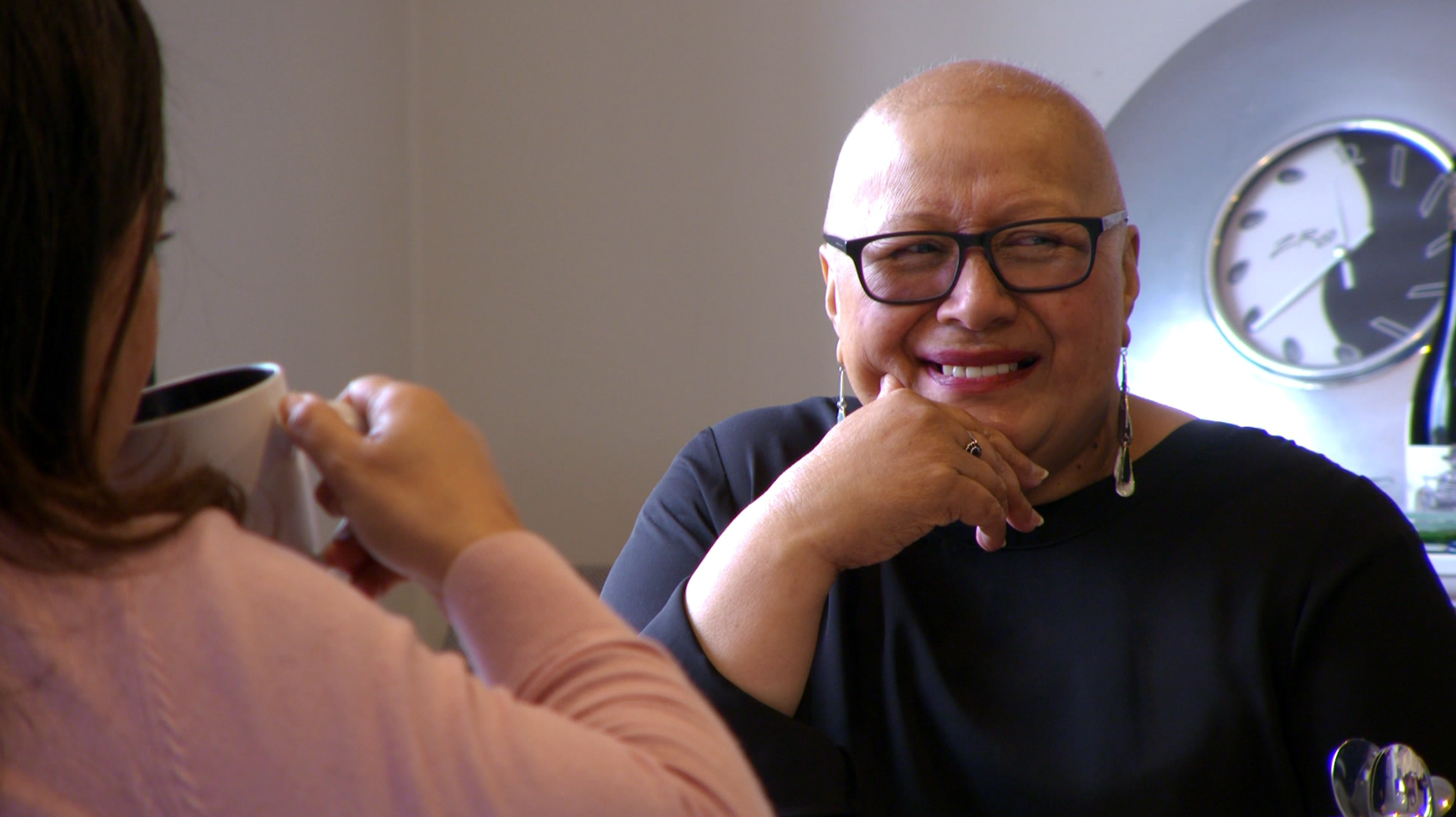Public Interest Journalism funded through NZ On Air
Wellington was the scene of the Pacific Cervical screening campaign launch last weekend.
The You First Pacific Women’s Wellness event offered onsite cervical screening and immunisation and health services provided by the staff of Pacific Health Services Hutt Valley and Mana Wahine.
“Today it’s a Pacific women’s health expo, so it’s one of a series of pop-up clinics that we’ve run throughout the year,” says Candice Apelu Mariner, from Pacific Health Services Hutt Valley.
“So today’s event, we were very privileged to actually be able to align our health expo today with the launch of the HPV self-testing mostly because HPV or even cervical (testing) should be a normal part of a woman’s health check. it shouldn’t be a separate issue.”
Cervical cancer is one of the most preventable cancers and along with HPV vaccinations, having a regular cervical screening is one of the best ways to protect yourself. The launch of this campaign coincides with a new self-test designed to make it easier to get the testing done.
“The HPV self-test is amazing and an absolute game changer,” says GP Dr Vanisi Prescott.
“It’s easily accessible. It’s free for our Pacific women. So, self-testing swab, you do it yourself or you can get help from your clinician or a health professional and they can help guide you with that. but it’s so easy to do and it’s such a game changer.”
The self-test, cannot be done at home, they can be done in a clinic or community health setting (pop-up screening, mobile screeners etc) by yourself, or a health professional can guide you.
One of those able to do the self-test on the day was 25-old Javaanah Toimata-Holtham (Niue, Kiribati) who says it was really easy.
“I would advise them to get it done. It takes less than two minutes. The ladies are really lovely, they talk you through it so it’s not hard.”
Screening rates for pacific people released for this year are 55.9 percent, nearly 12 percent
lower than the national average. Supported by Te Whatu Ora the campaign was developed in consultation with the newly established advisory group made up of Pacific healthcare professionals and advisors.
Dr Tua Lealaiauloto Taueetia-Sua from the campaign advisory group says they consulted widely.
“Having the group of women who were really passionate really worked in, on our benefit and as well as Te Whatu Ora because they could see that the voice and the understanding and the community is actually being brought forth in a way to actually bring what we need for the campaign.”
Around 180 people are diagnosed with cervical cancer every year and about 60 die from it. Around 85% of people who develop cervical cancer in New Zealand have either never been screened or have been screened infrequently
“My hope for my children, especially my daughters, is that they’re going to feel confident when they go and see their GP, they’re not going to be fakama or shy to do these sorts of tests,” Dr Prescott says
“And it’s about empowering them to make sure that they can prevent themselves from getting cervical cancer and from then on, also teaching their children and the next generation.”












